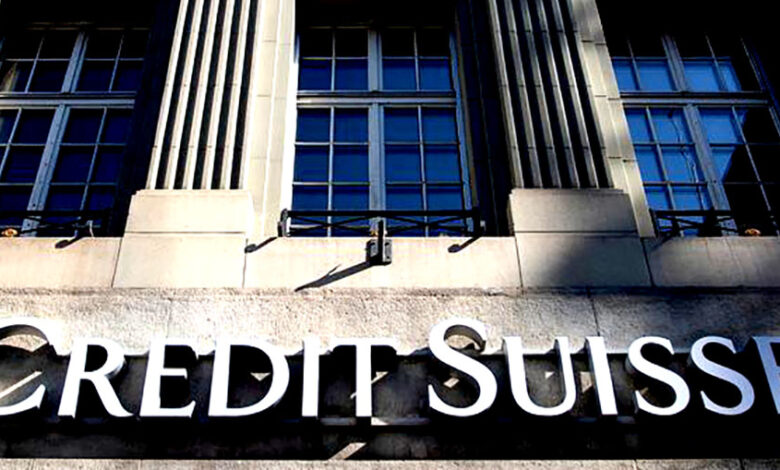Investment bank Credit Suisse reports a loss for the second quarter.

Zurich (Reuters) -Credit Suisse warned on Wednesday that the company as a whole might lose money in the second quarter due to volatility in its investment bank. This would be the company’s eighth straight loss going back to 2021.
Switzerland’s second-largest bank has called 2022 a “transition” year. It is trying to move on from expensive scandals that led to firings and a near-total reshuffle of top management, as well as a restructuring to cut down on risk-taking, especially in its investment bank.
The lender said in a statement that the investment bank was likely to cause a loss for the whole group in the second quarter because of the war between Russia and Ukraine and the tightening of monetary policy, which it said had led to fewer customers and less borrowing, especially in the Asia-Pacific region.
“The effects of these conditions, along with the continued low levels of capital markets issuance and the widening of credit spreads, have hurt the financial performance of this division in April and May, and are likely to lead to a loss for this division and for the group in the second quarter of 2022.”
It did not, however, say how much the company lost in the second quarter.
Shares were expected to open down 3.3%, according to trading before the market opened.
Thomas Gottstein, the CEO of Credit Suisse, is set to speak at the Goldman Sachs (NYSE:GS) European Financials Conference on Thursday. At this conference, the heads of European banks will talk more about how the ongoing war, rising energy prices, and changing interest rate environment are affecting their businesses.
Last week, the heads of U.S. banks warned about the health of the global economy. J.P.Morgan CEO Jamie Dimon spoke of a coming “hurricane,” and Citigroup (NYSE:C) chief Jane Fraser said that Europe was more likely than the U.S. to fall into a recession.
Major central banks are already planning to raise interest rates to fight inflation, and now they are planning to pull back from key financial markets together. This will be the first round of global quantitative tightening, and it is expected to limit credit and put more stress on a world economy that is already slowing.
In addition to the problems caused by the economy as a whole, Credit Suisse is dealing with its own overhaul and a series of setbacks that have made investors less confident in the bank. In May, both Fitch and Standard & Poor’s lowered their ratings on the debt.
Credit Suisse said that the bank’s 8.6% stake in Allfunds Group, which has a volatile market value, would also affect its earnings for the second quarter.
The bank said it wanted to speed up cost-cutting plans that were announced in November as part of its reorganisation, “with the goal of making the most savings possible after 2023.”
It said it now planned to run at a group-wide Common Equity Tier 1 ratio of around 13.5 percent “in the near term.” This is below its 2024 goal of more than 14 percent and its 2021 CeT1 ratio of 14.4 percent.
It said, “We remain focused on the disciplined execution of our strategy, delivering on our regulatory remediation programs, and putting risk management at the heart of the bank.”





